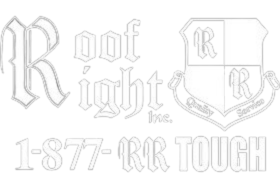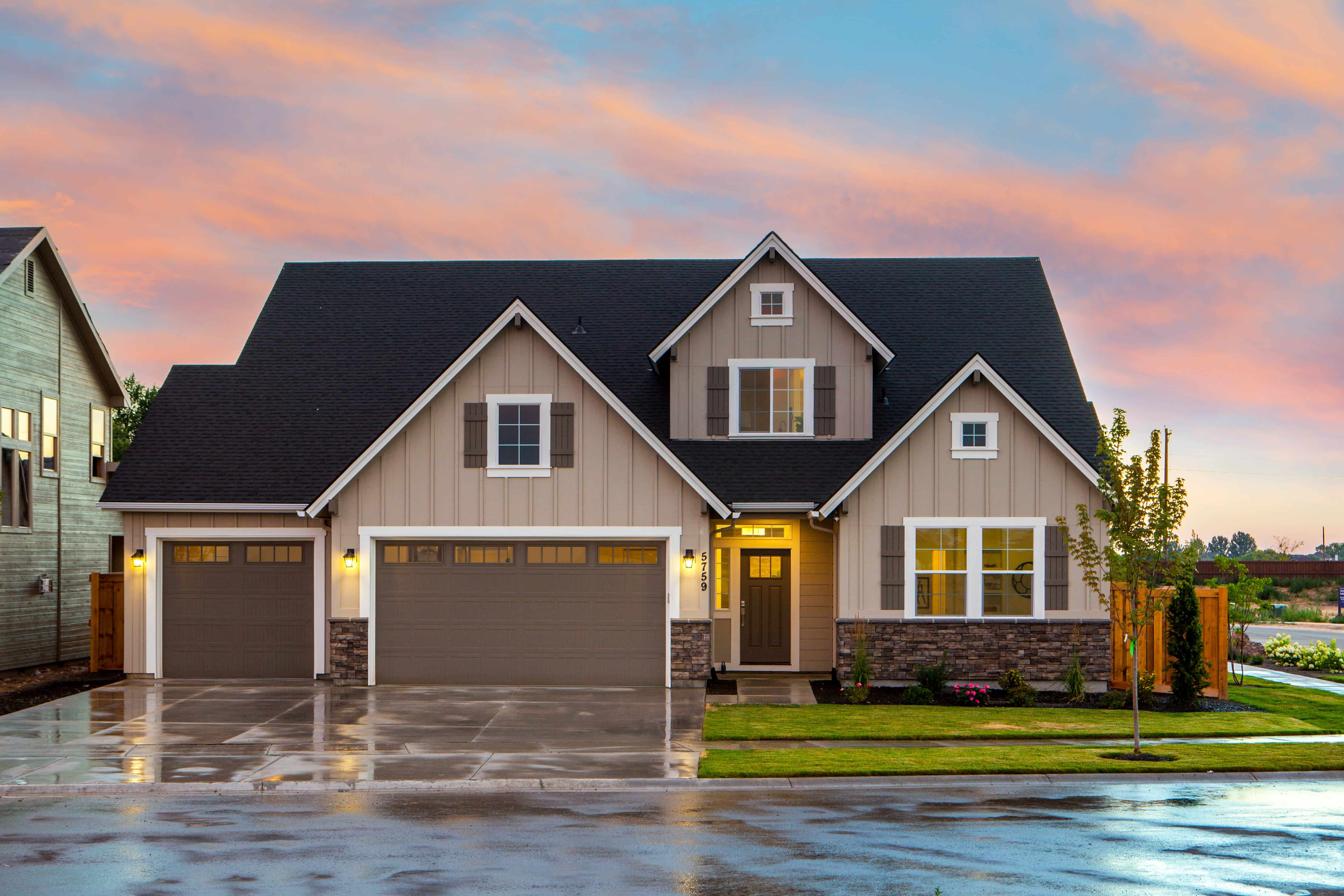How Roofing Damage Can Raise Energy Bills
Roof Right: Exterior Home Remodeling Specialists in Maryland Contact UsSchedule A Free EstimateMaintaining a sturdy roof isn’t just about protecting your home from the elements; it’s also crucial for keeping your energy bills in check. As a homeowner in Maryland, understanding how roofing damage can impact your energy costs is essential for both your comfort and your budget. Let’s delve into the reasons why roofing damage can lead to higher energy bills and explore proactive measures you can take to mitigate these issues.
Answering The Question: How Roofing Damage Can Raise Energy Bills
Why Does Roofing Damage Raise Energy Bills?
- Air Leaks: When your roof sustains damage, such as missing or cracked shingles, it creates avenues for air to leak in and out of your home. These drafts force your heating and cooling systems to work overtime to maintain a comfortable indoor temperature, resulting in increased energy consumption and higher utility bills.
- Loss of Insulation: A damaged roof compromises the effectiveness of your home’s insulation. Without proper insulation, heated or cooled air can escape more easily, requiring your HVAC system to work harder to compensate. This not only drives up energy costs but also reduces overall comfort levels within your home.
- Vulnerability to Elements: Roof damage exposes your home to moisture infiltration, whether from rain, snow, or humidity. This moisture intrusion can lead to water damage, mold growth, and compromised structural integrity, all of which can contribute to higher energy bills and costly repairs.
What Causes Roof Damage?
- Tree Branches: Overhanging tree branches pose a significant risk to your roof, especially during storms or high winds. Falling branches can cause structural damage, dislodging shingles and creating entry points for water infiltration.
- Roof Debris: Accumulated debris, such as leaves, twigs, and pine needles, can clog gutters and trap moisture on your roof’s surface. Over time, this trapped moisture can degrade roofing materials and contribute to leaks and water damage.
- Wildlife Intrusion: Animals like raccoons, squirrels, and birds may seek shelter in your attic or roof spaces, causing damage to roofing materials and insulation. Additionally, their nesting habits can create entry points for water and drafts.
- Extreme Weather: Maryland’s climate exposes roofs to a variety of weather extremes, including heavy rain, snow, ice, and high winds. These weather events can accelerate wear and tear on roofing materials, leading to premature deterioration and potential leaks.
How Can Roof Damage Affect My Energy Bill?
- Compromised Insulation: Damaged or degraded insulation reduces your home’s ability to retain heat in the winter and repel heat in the summer. As a result, your HVAC system must work harder to maintain a consistent temperature, leading to increased energy consumption and higher bills.
- Air Leakage: Gaps, cracks, and openings in the roof allow conditioned air to escape and outdoor air to infiltrate your home. This forces your HVAC system to compensate for the loss, resulting in inefficiencies and elevated energy costs.
- Moisture Intrusion: Roof leaks and water damage can lead to mold growth, rot, and structural deterioration. Addressing these issues often requires extensive repairs and remediation efforts, all of which can impact your energy bills and overall comfort.
- Reduced Lifespan: Roof damage accelerates the aging process of your roofing system, shortening its lifespan and necessitating premature replacement. Investing in timely repairs and maintenance can help extend the life of your roof and minimize long-term energy costs.
How to Prevent Future Roof Damage?
- Regular Inspections: Schedule annual roof inspections to identify and address potential issues before they escalate. A professional roofer can assess the condition of your roof and recommend necessary repairs or maintenance measures.
- Gutter Maintenance: Keep gutters clean and free of debris to prevent water buildup and overflow, which can damage your roof and siding. Regularly inspect and repair gutters to ensure proper drainage and minimize the risk of water infiltration.
- Tree Trimming: Trim overhanging branches to prevent them from coming into contact with your roof during storms or high winds. This reduces the risk of branch damage and minimizes the potential for debris accumulation on your roof.
- Prompt Repairs: Address any signs of roof damage, such as missing shingles, cracked flashing, or leaks, as soon as they’re discovered. Prompt repairs can prevent further damage and mitigate the impact on your energy bills.
By taking proactive steps to maintain your roof and address potential issues promptly, you can minimize energy costs, enhance comfort levels, and prolong the lifespan of your roofing system.
Call Roof Right Today For Your Roof Repair Services In Maryland!
If you suspect your roof is damaged or in need of repairs, don’t wait until it’s too late. Contact Roof Right, your trusted roofing contractor based in Hampstead, MD, for professional roof repairs and maintenance services. Our team of experienced professionals is dedicated to keeping your home safe, comfortable, and energy-efficient. Schedule a consultation today and take the first step toward a healthier, more resilient roof.
With Roof Right by your side, you can enjoy peace of mind knowing your roof is in expert hands. Don’t let roofing damage wreak havoc on your energy bills – reach out to us today!
Areas We Serve
If you're looking for a roof contractor in Maryland, give Roof Right a call today at (410)-374-5923 to schedule an appointment!
Carroll County
Howard County
Clarksville, Columbia, Elkridge, Ellicott City, Fulton, Jessup, Laurel, Woodstock
Montgomery County
Baltimore County
Baldwin, Bradshaw, Carney, Cockeysville, Glen Arm, Hunt Valley, Jacksonville, Kingsville, Lutherville, Nottingham, Overlea, Owings Mills, Parkton, Parkville, Perry Hall, Phoenix, Pikesville, Reisterstown, Sparks, Timonium, Towson, White Marsh

